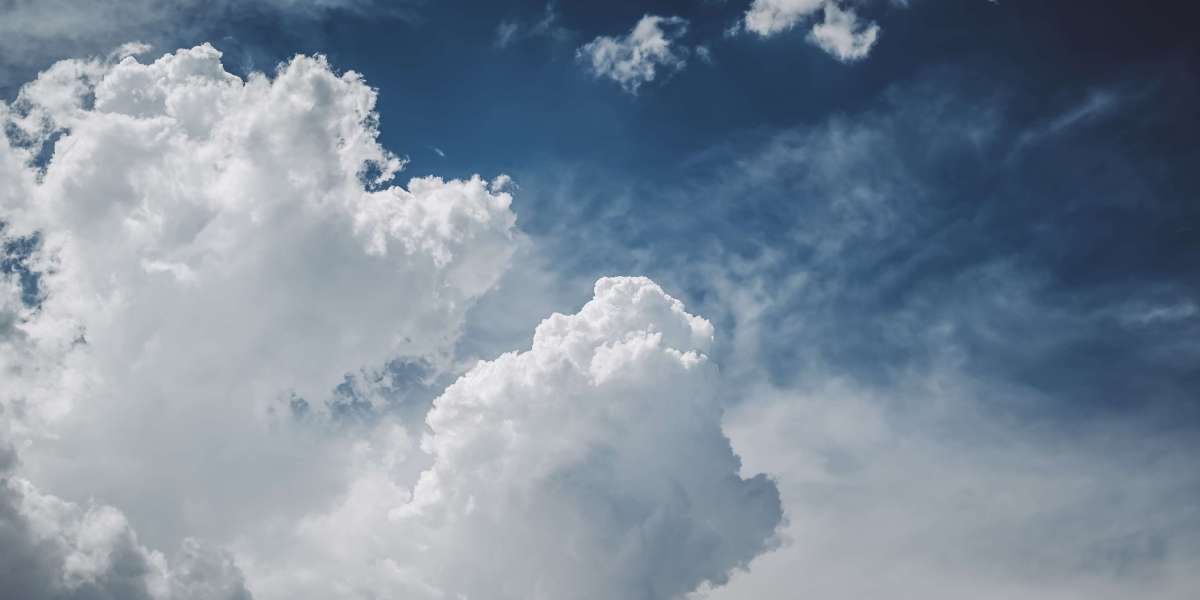Espresso is more than just a quick caffeine fix; it is a complex beverage that embodies the art of coffee brewing. Understanding the espresso shot parts can significantly enhance your appreciation for this beloved drink. In this article, we will delve into the essential components that make up a perfect espresso shot.

1. The Coffee Grounds
The foundation of any espresso shot lies in the quality of the coffee grounds. Typically, espresso is made from finely ground coffee beans, which allows for optimal extraction during the brewing process. But what makes the grind size so crucial? A finer grind increases the surface area, leading to a richer flavor profile. Conversely, if the grind is too coarse, the water will flow through too quickly, resulting in a weak and under-extracted shot.
2. The Water Temperature
Water temperature is another critical factor in the espresso shot parts. Ideally, the water should be between 190°F and 205°F. This range ensures that the coffee oils and flavors are effectively extracted without burning the grounds. If the water is too hot, it can scorch the coffee, while water that is too cool may not extract enough flavor. Thus, maintaining the right temperature is essential for achieving a balanced shot.
3. The Pressure
Pressure plays a vital role in the extraction process. Espresso machines typically operate at around 9 bars of pressure. This high pressure forces hot water through the coffee grounds, extracting oils and flavors quickly. Have you ever wondered why espresso has such a rich crema? The pressure is responsible for emulsifying the oils, creating that velvety layer on top. Without the right pressure, the espresso shot would lack the depth and complexity that enthusiasts crave.
4. The Brew Time
The brew time for an espresso shot is generally between 25 to 30 seconds. This duration allows for optimal extraction of flavors and aromas. If the shot is pulled too quickly, it may taste sour, while a shot that takes too long can become bitter. Therefore, timing is crucial in achieving the perfect balance of flavors in your espresso.
5. The Final Touch: Crema
Crema is the golden layer that crowns a well-pulled espresso shot. It is composed of emulsified oils and gases released during the brewing process. The presence of crema indicates that the espresso has been brewed correctly, showcasing the quality of the coffee used. A rich, thick crema not only enhances the visual appeal but also contributes to the overall flavor experience.
Conclusion
Understanding the espresso shot parts is essential for anyone looking to master the art of espresso making. Each component, from the coffee grounds to the final crema, plays a significant role in the overall quality of the shot. For those eager to refine their espresso-making skills, consider exploring additional resources, such as perfect espresso making tips. By paying attention to these details, you can elevate your espresso experience to new heights.








